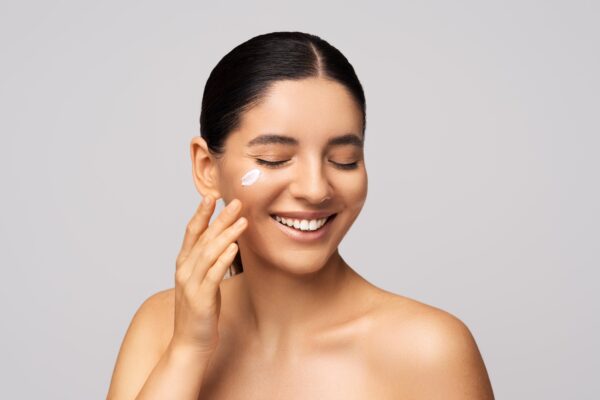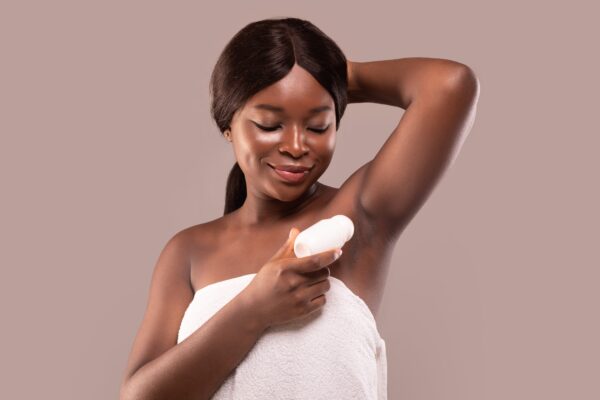When it comes to sustainability, the heat is on – the debate about climate change is over, as far as consumers are concerned, and we all have a responsibility to do whatever we can to reduce our personal impact on the environment. In fact, a recent study found 85 percent of consumers said they had shifted toward being more sustainable in the past five years. Countless studies have concluded that consumers expect the companies they buy from, and the products they purchase, to do the same.
The COVID-19 pandemic forced people to also look at personal and public health issues with the same kind of accountability yardstick. Something about the practice of consciously avoiding exposure risk has made people pay more attention to their own and others’ health, and to the related impact of the choices they make.
The Growth of Eco-Friendly, Sustainable Personal Care Products
The implication for personal care products is significant. Demand is growing for products that are formulated, manufactured and packaged with “healthy” respect for both the planet and human life. Regulations are popping up all across the U.S. and Europe that are aimed at reducing global carbon emissions and protecting human health. Toxic or ozone-depleting substances are being banned, limited, phased out, and called out as unacceptable. Natural, non-toxic products are gaining preference, along with recyclable packaging, fair trade and cruelty-free testing and manufacturing practices, sustainable raw materials sourcing, and many more aspects affecting the sustainability of a product.
For this reason, opportunities for product innovations in the personal care sector abound. When it comes to skin care or hair care products, consumers want to know more about them, and they are specifically interested in more natural ingredients – from the shampoos that they use in their hair to the fragrances they spray on their bodies. Consumers evaluate factors such as whether the ingredients are eco-friendly, what part of the world the ingredients are sourced from, and how the products are manufactured.
Formulation Requirements for Clean Beauty and Personal Care Products
At PLZ Personal Care, we understand that people want to feel good about the products they use, and we work with our customers to help evolve their product offerings to meet this growing need. In addition to our continual effort to consider the environmental impact of our manufacturing and shipping processes, we help our customers create new products and reformulate existing ones for greater appeal to environmentally- and health-conscious consumers.
Many brands are reformulating their products to eliminate ingredients including parabens, sulfates and formaldehyde, or to adhere to organic and Halal certifications, and ensure ethical sourcing and sustainability of ingredients and packaging. As a result, we are seeing a rise in products utilizing vitamin and botanical enriched ingredients. We’re also seeing growth in waterless personal care offerings that aim to reduce the use of water and plastic. Products such as bath and shower products, facial skin care and deodorants are being reinvented into cubes, powders and bars, and alternatively packaged in recyclable cardboard or aluminum. For companies looking to refine their existing formulation, we advise them on ingredient choices and considerations for the development of “clean” formulations.
In closing, today’s consumers are discerning and expect transparency. As health, wellness and environmental awareness trends continue to impact the personal care and beauty space, the focus on natural, clean and eco-friendly ingredients and packaging will be further amplified, with more sustainable, waste-free products and packaging. In the spirit of Earth Day, every day, think about what you can do to improve public and planet health – as well as your company’s future – by updating your products with a new understanding of what “sustainability” looks like, and its growing importance in consumers’ lives.



